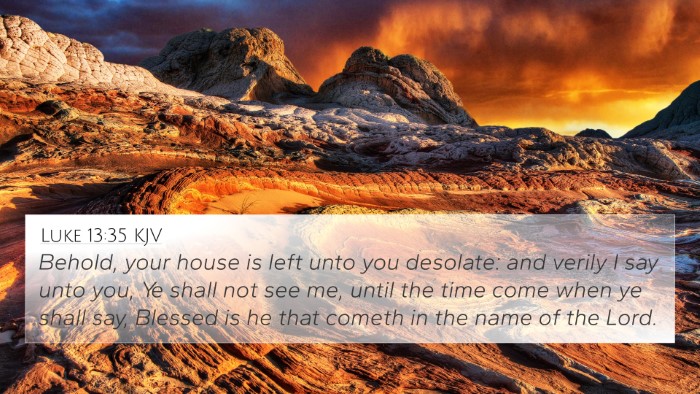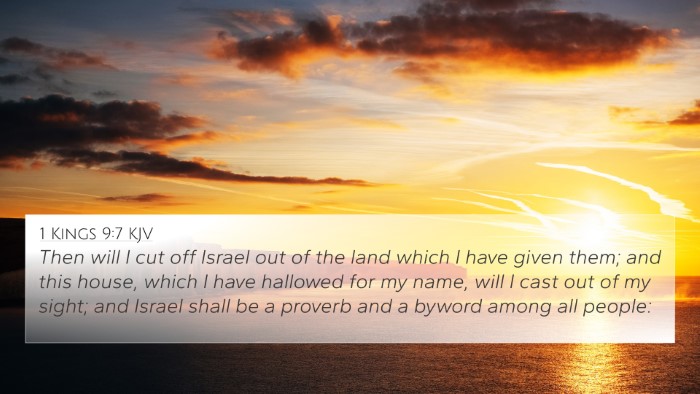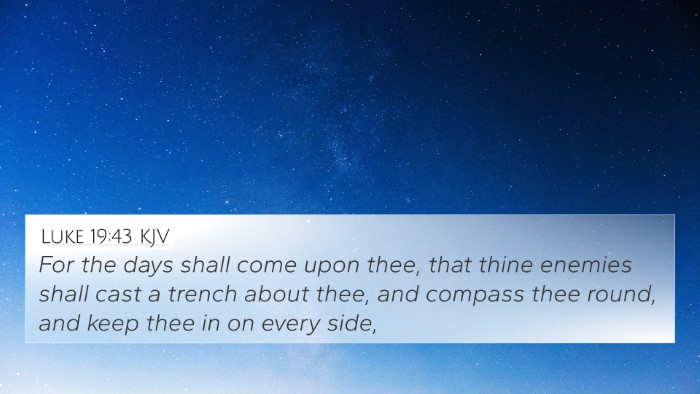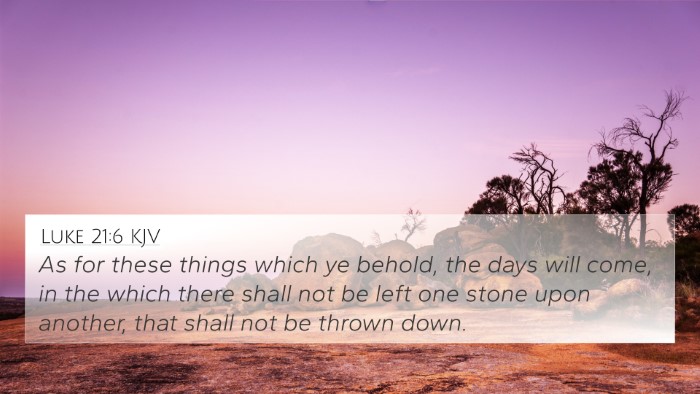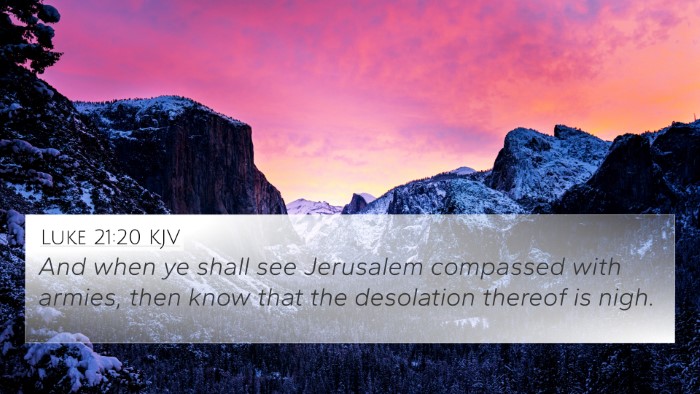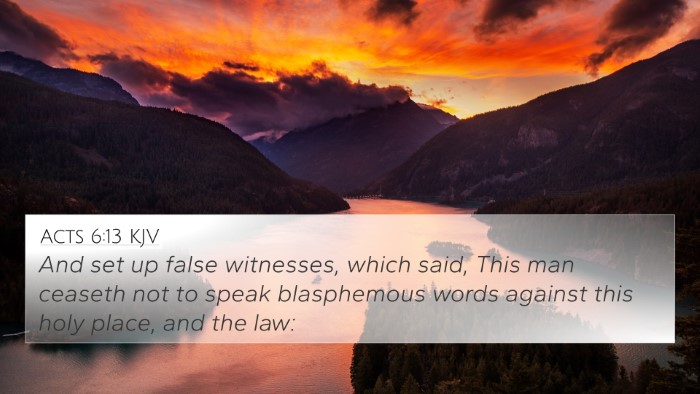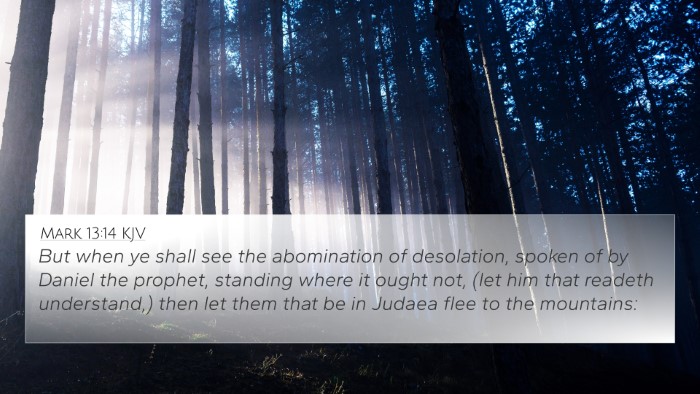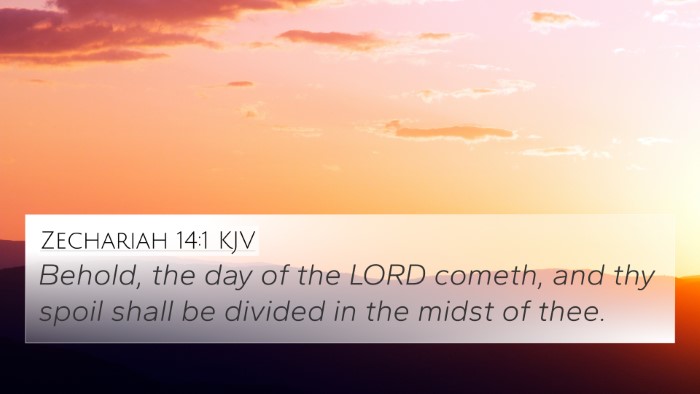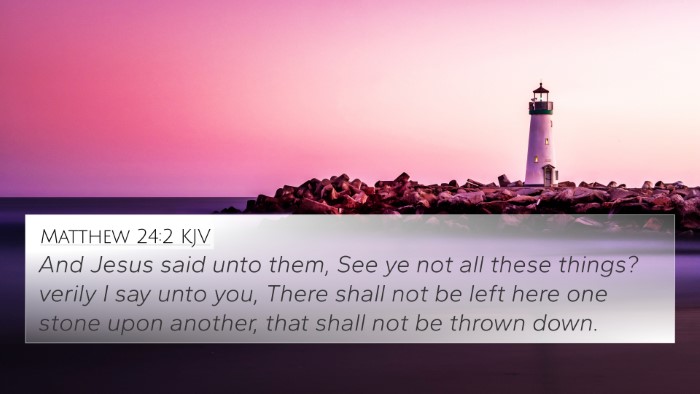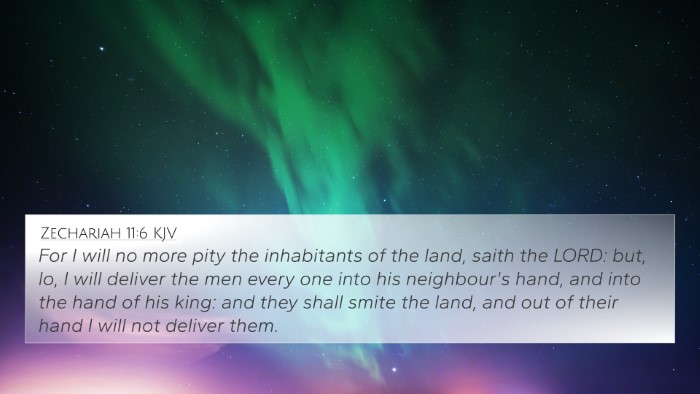Understanding Matthew 23:38
Matthew 23:38 states: "Behold, your house is left unto you desolate." This verse serves as a poignant conclusion to Jesus' lament over Jerusalem, reflecting a pivotal moment in His ministry.
Verse Context and Significance
This verse is situated within a broader discourse where Jesus addresses the Pharisees and Jewish leaders, denouncing their hypocrisy and failure to fulfill their spiritual responsibilities. It marks a decisive moment wherein He pronounces judgment on the city that has consistently rejected Him.
Public Domain Commentary Insights
Matthew Henry's Commentary
Matthew Henry emphasizes the severity of Jesus' declaration about Jerusalem's fate. He interprets "your house" as a metaphor for the Temple and the religious system that the leaders had corrupted. Henry notes that by rejecting Christ, the people had forfeited God's presence and protection, leading to their desolation, which historically culminated in the destruction of the Temple in AD 70.
Albert Barnes' Commentary
Albert Barnes provides insight into the implications of desolation. He connects the concept to prophecies in the Old Testament, indicating that Jesus was reiterating a theme found in the
prophecies of Isaiah and Jeremiah regarding the impending judgment of Jerusalem. Barnes highlights that this desolation emphasizes the loss of spiritual privileges and the consequences of persistent disobedience.
Adam Clarke's Commentary
Adam Clarke focuses on the term "desolate," explaining that it signifies abandonment by God. He articulates that the Jewish leaders, through their rejection of Jesus as the Messiah, have placed themselves outside of God's favor. Clarke underscores the urgent warning to the people of Jerusalem, illustrating that neglecting their spiritual duties would lead to dire consequences.
Key Themes and Messages
- Judgment and Accountability: The verse communicates a strong message about the judgment awaiting those who disregard God's warnings.
- Spiritual Abandonment: The 'desolation' represents a state of spiritual emptiness when one turns away from God.
- Prophetic Fulfillment: It connects to Old Testament prophecies, demonstrating the continuity of God's message through history.
Bible Verse Cross-References
- Jeremiah 22:5: A prophecy about desolation for Judah in response to their disobedience.
- Lamentations 1:8: A lament about the desolated state of Jerusalem.
- Matthew 23:37: Jesus expresses sorrow over Jerusalem’s rejection of Him, leading to the warning in verse 38.
- Luke 13:34: Similar sentiment expressed about Jerusalem and the prophets.
- Isaiah 64:10-11: References to desolation of God’s holy places due to the people's iniquities.
- Mark 13:2: Jesus predicts the destruction of the Temple, connecting to the idea of desolation.
- Revelation 21:2: Offers a contrast to desolation, presenting the new Jerusalem as God’s ultimate promise.
Applying the Insights
When exploring connections between Bible verses, this passage encourages believers to reflect upon the consequences of spiritual neglect and the importance of embracing God’s message.
Moreover, the notion of desolation serves as a reminder for contemporary faith communities to actively pursue a relationship with God to avoid spiritual abandonment.
Conclusion
Matthew 23:38 serves as a sobering reminder of the reality of spiritual consequences and the importance of heeding divine direction. Through the insights of renowned biblical commentators, we are left with a compelling understanding of this critical scripture and its overwhelming significance in the context of faith and prophecy.




